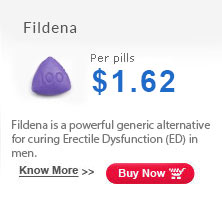Kidney Stones on Rise among Teenagers
- By Author
- January 27, 2016
- No Comments

The emergence of kidney stones in teenagers is particularly worrisome, as there is limited evidence on how to best treat children for this condition.
Poor water intake and dietary habits like an increase in sodium and decrease in calcium intake may be the possible factors for the rise of kidney stones. Those affected by this condition, particularly young women, are now at a higher risk of contracting chronic kidney disease, cardiovascular and bone disease.
Teenagers usually develop kidney stones because of following reasons:
- Stagnant urine may collect in pools due to defects in the urinary tract, leading to stone forming substances that settles together into stones
- An anatomic abnormality of urinary tract accounts for up to one third of children that already have stones
- Genetics are a factor in kidney stones, so this tendency that forms stones can be hereditary. Not drinking enough water or drinking wrong types of fluids, including soft drinks may cause substances in the urine to become too concentrated that causes kidney stone
- Too much sodium in the diet leads to an increase in kidney stones. Some doctors feel that increases in childhood obesity and a less active lifestyle of teenagers may be contributing to the increase in kidney stones
- Urinary tract infections – different types of bacteria into the urinary tract breaks down urea, a waste product that kidneys remove from the blood into substances that forms kidney stone
- Metabolic disorders can be also a leading cause of kidney stones in children. Metabolism is the process of breaking down food and utilizing nutrients, while excluding the wastes that remains.
There are several disorders that can cause kidney stones in teenagers. Experts suggested that the patterns found by the researchers might assist physicians and public health officials in designing targeted prevention strategies for teenagers at higher risk for getting kidney stone.
About 85% of kidney stones are small enough to pass during urination. This passing usually occurs within 72 hours of the first symptoms of kidney stone. Taking pain relievers and consuming at least 6 to 8 glasses of water a day, plus one at bedtime and another during the night, enables stone to pass more easily while urinating.





 Copyright © 2024 . All Rights Reserved.
Copyright © 2024 . All Rights Reserved.
Leave a Reply
You must be logged in to post a comment.